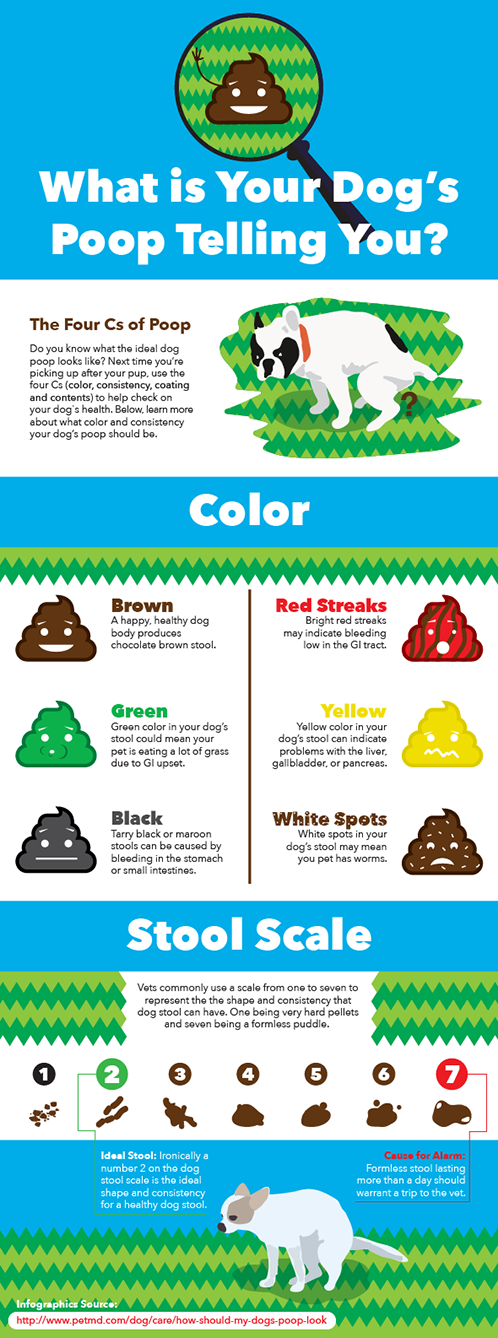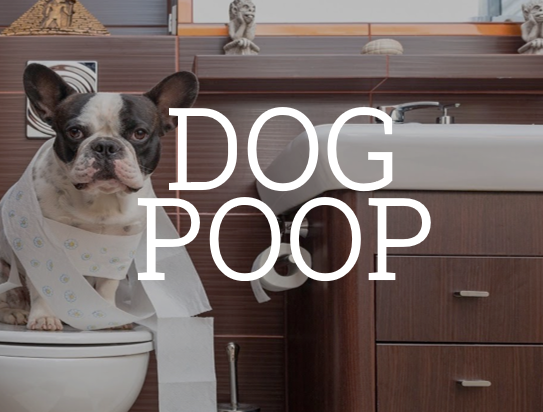Your dog can’t talk – but his body can
If you’ve been a dog parent for any length of time, you know two things: One, that dogs will, sooner or later, put pretty much anything into their mouths, and this will, from time to time, cause them some gastrointestinal distress. Second, owning a dog means cleaning up poop – and gastrointestinal distress usually means more poop.
In healthy dogs, most of the time, 24 hours of diarrhea isn’t a cause for concern, and you don’t immediately need to call your vet. Here’s what you can do at home:
- Make sure your dog has plenty of clean water to drink – and make sure you keep an eye on how much they’re drinking. The biggest immediate issue when a dog (or a person) has diarrhea is dehydration, so ensuring your dog is getting enough fluids is important. (Some dog parents say that adding diluted beef or chicken stock to the water will help a reluctant dog to drink more, but canned stock can be high in sodium, so shouldn’t be the first offering.)
- Provide small meals of boiled chicken (some vets will also advise boiled lean beef and low-fat cottage cheese) and rice. This is a mild diet that will help the dog’s system ‘calm down’ and can be used for a couple of days
- Monitor your dog closely. A dog with some diarrhea who is otherwise behaving normally and drinking plenty of water is probably just suffering from what one vet calls “a culinary excursion”. A dog who becomes lethargic, refuses favourite treats, or whose diarrhea seems out of control probably needs to see a vet ASAP.
We generally advise calling a vet sooner if your dog is very old or very young: Like elderly adults or very young children, even mild diarrhea can be more debilitating for these dogs.
And there’s more!
Of course, diarrhea isn’t the only poop-related issue for dogs. Here’s a handy chart from PetMD to help you understand what you’re seeing when you’re looking at your dog’s stool.


